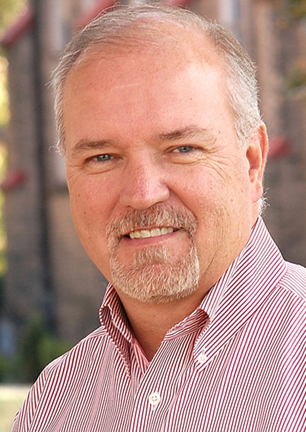
RENTON, Wash. (BP) — Spreading the Gospel is a special call.
In Romans 1, Paul the apostle said he was redeemed by Jesus to preach the Gospel. The Lord Jesus Himself called Paul to be an apostle, separated unto the Gospel of God.
This was Paul’s experience when he was going to Damascus to persecute the followers of Jesus (Acts 9). He became a servant of Jesus Christ because God redeemed him from sin. We are likewise called to spread the Gospel for our generation just as Paul for his generation.
Let us remember:
— Paul said he was preaching the Gospel clearly predicted in the Old Testament, so that Jews and Gentiles can receive this Gospel (Deuteronomy 18:15; Isaiah 7:14, 9:5-6, 11:1-2, 53:1-11; Hosea 11:1; Micah 5:1-2; Habakkuk 2:4). And the Gospel is foretold through such symbols as the ship of Noah, the fiery serpent in the wilderness, sacrifices in the Old Testament and Jonah inside the belly of a great fish.
— Jesus, who is a divine man, is the center of the Gospel. He came from the descendants of David in the flesh, but He is not merely a man (Romans 1:3-4). If he were a normal man like everyone else, His Gospel would be nothing. But He comes from God the Father in the Spirit. He is the Son of the living God. He has supreme power. He rose again by the power of His resurrection and He too can make others rise again.
— The Gospel comes from Jesus, and through Him mankind receives grace and peace. Paul used the word “grace” (charis) from the Greek language in combination with the word “peace” (shalom) from the Jewish blessing in harmony regarding those who believe in Jesus (Romans 1:7). Indeed those who believe in Jesus surely will receive grace and peace from the Father and the Son.
— In speaking of the Gospel, Paul defined it as follows: “The Gospel is the power of God unto salvation to everyone that believeth” (Romans 1:16). The power of God was shown in Jesus, who died on the cross for our sin. He overcame death, rising from the grave, and giving mankind salvation. God’s salvation is for all, Jewish or Gentile, as long as they believe in Jesus Christ, God’s only begotten Son.
— The righteousness of God is revealed in the Gospel. There are many meanings of the phrase “the righteousness of God,” including:
1. God is righteous in His nature. He is always right, straight and upright. This means that He is never wrong, unrighteous or biased. So God does not accept sin. All people are sinners in the presence of the Creator.
2. God is righteous in His ways. He so loved the world that He sent His one and only Son into the world to be a sacrifice for the sins of mankind. His way is absolutely righteous and also expresses His perfect love.
3. God is righteous in His relationship. He has redeemed mankind and whosoever believes in His redemptive plan will become “children of God.”
4. God is righteous in His judgment. Those who do not believe in His redemptive plan will not be considered innocent. All those who do not receive His grace will accept eternal death in hell.
North America now is one of the largest mission fields in the world. Only a small minority of church members in the U.S. ever share their faith. Even fewer share it regularly.
Every Christian and every church must spread the Gospel of Jesus Christ. We can do so by sharing the Word, praying for missions, sending missionaries, supporting church planters and giving money.
With “Gospel Above All” as the theme of our SBC annual meeting this year, let us do all things and use all methods that we can to carry the vision of Christ, going as He has called us to do, preaching the Gospel to every creature (Mark 16:15).























